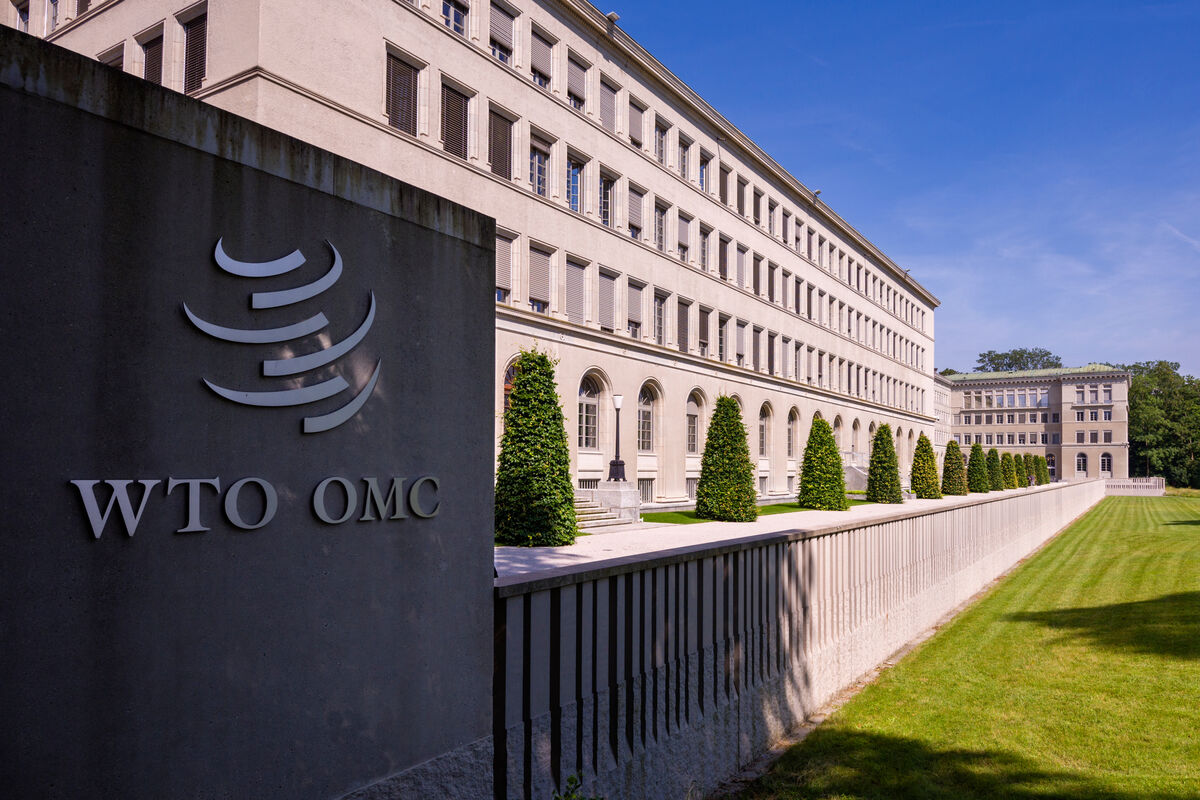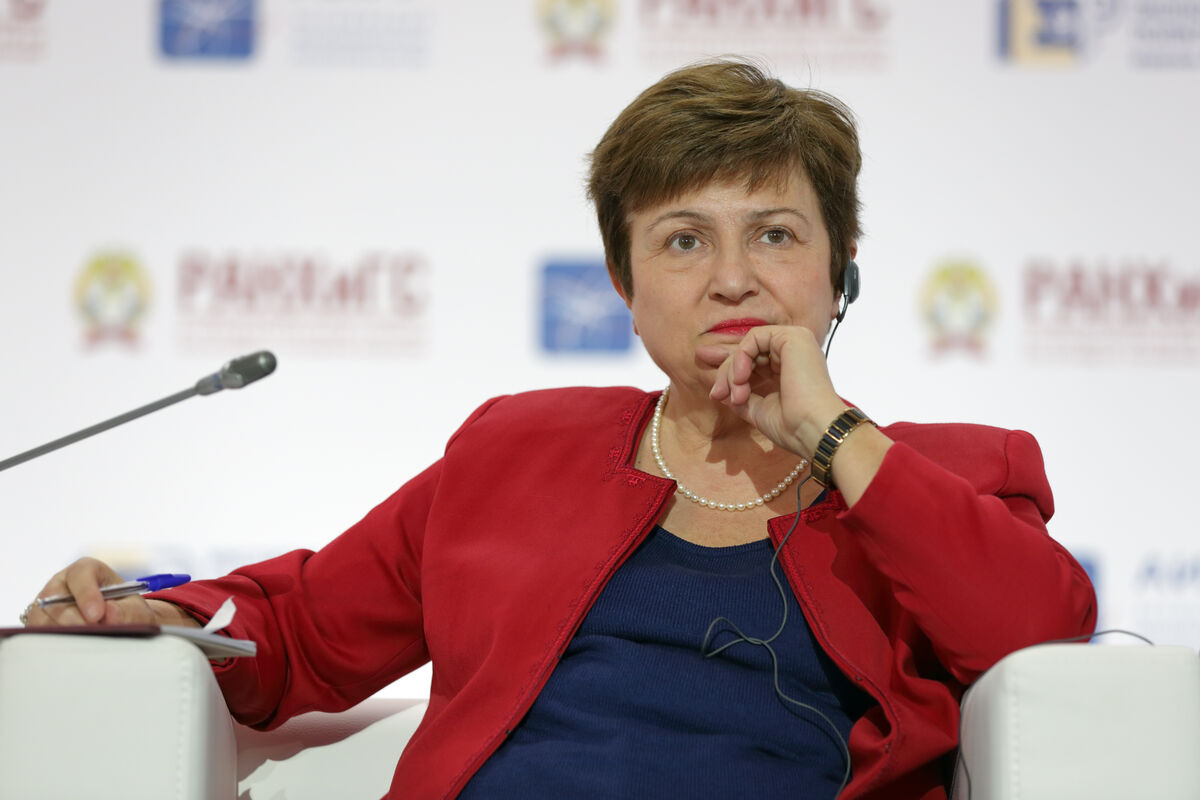In a world where trade between countries is more common than ever, economic institutions are needed to manage the global economy. These institutions are the World Trade Organization (WTO), the International Monetary Fund (IMF) and the World Bank (WB).
An institution is an organization governed by rules and laws that plays a specific role in society. Its role may be political, social, economic, religious, etc.
To better understand what an institution is, you can watch the video What is… an institution?.
The World Trade Organization (WTO) was founded in 1995. It is an assembly of 164 states that account for 98% of world trade. The WTO’s ultimate goal is to reduce barriers to international trade. When countries trade with each other, they must respect each other’s regulations. For example, customs duties (taxes when a product is imported) differ from country to country. The WTO attempts to reduce these barriers by establishing agreements between member states.
These multilateral agreements (between several states) reduce barriers to trade but also to guarantee equal conditions for all countries. These agreements contribute to the economic growth and development of the various states. They focus on the trade of goods and services as well as intellectual property.
Intellectual property refers to creations of the mind, such as inventions, literary and artistic works, designs as well as symbols and commercial names and images. Examples: a soft drink recipe, a logo or the lyrics to a famous song.
Each agreement is negotiated and adopted by all WTO members. When a state adopts a WTO agreement, it must comply with the conditions by implementing the necessary measures. In addition to its economic role, the WTO offers its members a legal framework in the form of the Dispute Settlement Body (DSB), which settles economic disputes between states. If a country feels that its rights under the WTO agreements have been violated, it can refer the matter to the DSB.

In 2018, Canada filed a complaint against the United States over an increase in U.S. tariffs on steel and aluminum. According to Canada, this increase breached 20 articles from 3 agreements. In 2019, the 2 countries reached a common agreement, and the U.S. removed tariffs on Canadian products. In this case, the DSB did not issue a judgment, but it was still involved.
When the Dispute Settlement Body renders its judgment, the losing member must remedy its fault immediately. If it fails to do so, the DSB can authorize the complainant country to impose sanctions on the offending country.
In 2020, nearly 600 disputes were referred to the DSB.
The United States accused the European Union (EU) of giving public subsidies (financial aid) to the aircraft company Airbus over a 15-year period. In 2019, the EU was found guilty. The U.S. got permission from the WTO to increase its customs duties on a range of European products by up to $7.5 billion per year.
However, in 2020, the EU claimed that U.S. companies had received forbidden subsidies from their government, such as a 40% tax cut. This kind of financial aid is illegal in a free trade agreement.
This left the U.S. in a situation where they would have to pay expensive duties to export products to Europe. This case is still ongoing.
Free trade is an economic policy that seeks to eliminate all trade barriers between states that have signed an agreement.
The International Monetary Fund and the World Bank, established in 1944, are specialized institutions under the United Nations (UN). They have a complementary mission with regard to the global economy.

Kristalina Gueorguieva a été nommée directrice générale du Fonds monétaire international en 2019.
Source:ID1974. “Kristalina Ivanova Georgieva-Kinova, Bulgarian Economist and Professor, Chief Executive Officer, The World Bank at the Gaidar Forum 2018,” Shutterstock, January 17, 2018.
The main objective of the International Monetary Fund (IMF) is to keep the international monetary system stable. To do this, the IMF analyzes the economic policies of its 189 member states. If a member state is facing deep financial difficulties, the IMF can provide financial aid to avoid a crisis in the international monetary system and stabilize the global economy.
The World Bank’s mission is to end extreme poverty and increase the income of the poorest people in developing countries. The WB provides financial support measures that benefit countries facing poverty. Funding can be in the form of low-interest or interest-free loans, or even donations. The WB also provides governments with policy advice and technical assistance to help them better manage their economies.
However, IMF and WB loans come with several conditions. When a country borrows money from these institutions, its economic policies must be amended to address the problems that led it to request financial assistance.
When Greece borrowed money from the IMF in 2010, it had to manage its economy very strictly, which resulted in a recession (reduced economic growth) and rampant unemployment. Fortunately, this paid off. From 2013 to 2019, Greece’s unemployment rate fell from 27.7% to 16.8%.
The World Bank (WB) provides advice to borrowing countries, which must comply with the WB’s policies and guidelines. For example, the WB has found that natural disasters have long-lasting and far-reaching effects on poverty. To mitigate these effects, it provides financial and technical support for risk assessment, risk reduction and sustainable reconstruction. This financial assistance is only provided if borrowing countries comply with and implement the World Bank’s policies and guidelines.
Ladouceur, Maude and Alain Parent. Globe. Cahier d’apprentissage, 2014, p.118-119.
Boniface, Pascal. 50 idées reçues sur l’état du monde, 2015, p. 113.
Gélinas, Jacques. Dictionnaire critique de la globalisation, 2008, p. 205-213.